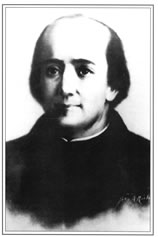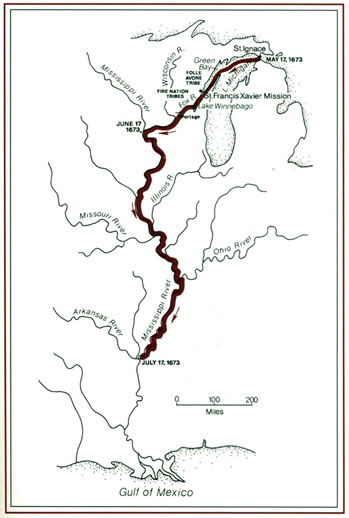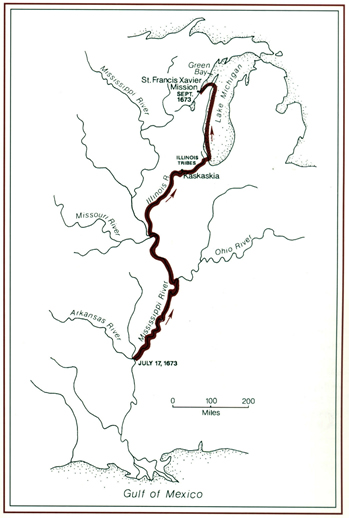|

 |
Father Jacques Marquette:An Early French Visitor to the Illinois Country |
| |
Department
of Anthropology |
copyright © 2002
University of Illinois, All rights reserved. |
Questions and Comments
to Brenda Farnell


